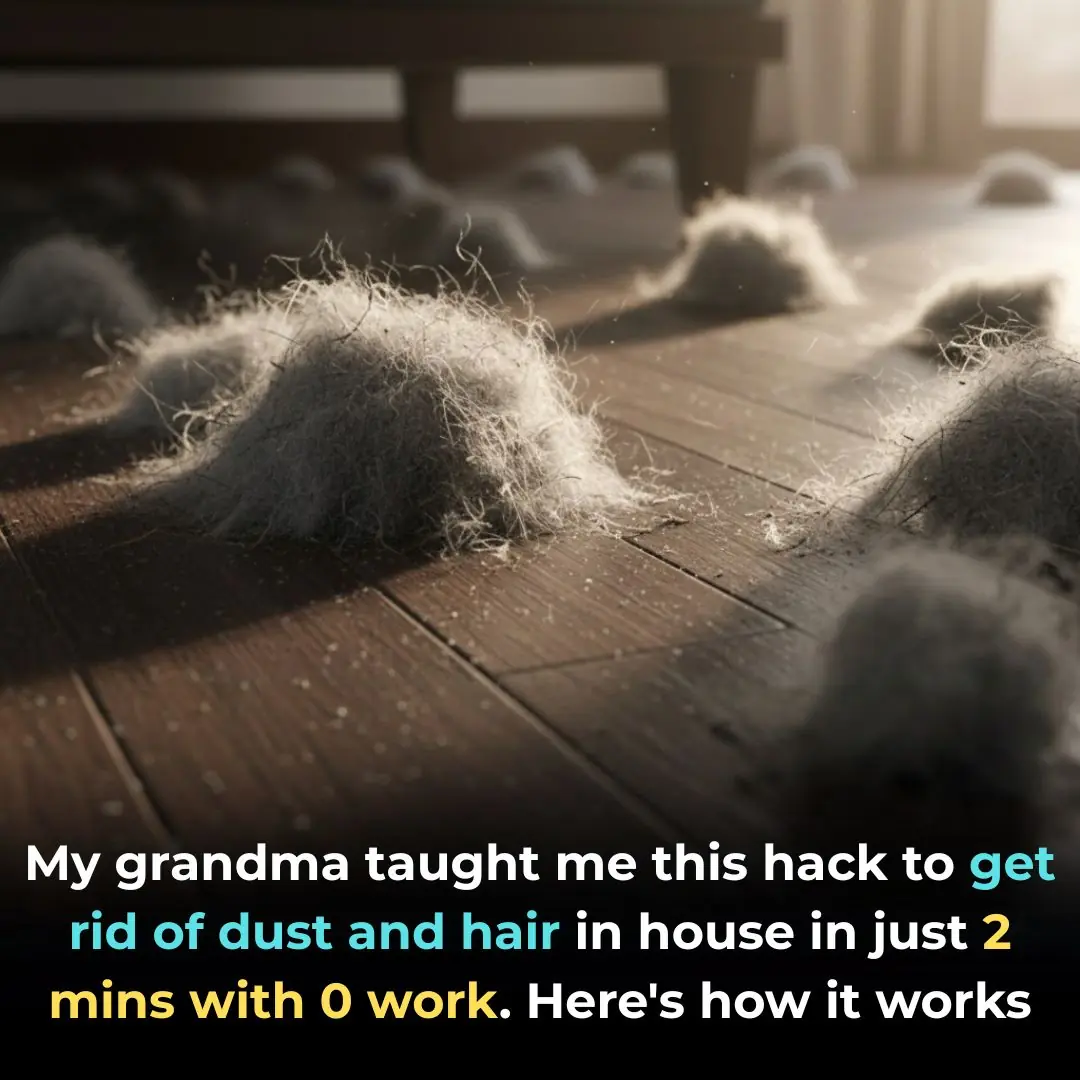
Vinegar is the key to streak-free windows and shiny surfaces, but most use it wrong. Here's the right way to use it
🧼 Vinegar Is the Secret to Streak-Free Windows and Shiny Surfaces—But Most People Use It Wrong
Vinegar has long been praised as a natural, affordable cleaning solution. But if you’ve ever tried using it and ended up with streaks or dull surfaces, you’re not alone. The truth is, most people don’t use vinegar correctly when cleaning glass, mirrors, or shiny surfaces. Here’s how to do it right—and why it works so well.
🧪 Why Vinegar Works So Well
White distilled vinegar contains acetic acid, which:
-
Breaks down grease and grime
-
Dissolves mineral deposits from hard water
-
Eliminates bacteria and odors
-
Leaves surfaces sparkling clean—when used properly
However, using vinegar straight from the bottle or in the wrong conditions can lead to streaks, residue, or even damage to certain materials.
✅ The Correct Method for Using Vinegar
To get the best results, follow these steps:
-
Mix the Right Solution Combine equal parts white vinegar and distilled water in a spray bottle. For extra shine and a pleasant scent, add a few drops of lemon juice or essential oil.
-
Use the Right Tools Skip the paper towels. Use a lint-free microfiber cloth or even crumpled newspaper to wipe surfaces clean without leaving streaks.
-
Avoid Direct Sunlight Clean windows and mirrors when they’re not exposed to direct sunlight. Heat causes the solution to evaporate too quickly, leaving streaks behind.
-
Wipe in a Consistent Pattern Use a Z-pattern or circular motion to ensure even coverage. For windows, wipe one side vertically and the other horizontally—this helps you spot which side has streaks.
-
Buff for Extra Shine After cleaning, use a dry microfiber cloth to buff the surface. This removes any remaining residue and enhances the shine.
⚠️ Surfaces to Avoid
While vinegar is versatile, it’s not suitable for everything. Avoid using it on:
-
Natural stone surfaces like granite or marble (it can cause etching)
-
Electronic screens (it may damage protective coatings)
-
Unsealed grout or hardwood floors (it can degrade finishes over time)
✨ Bonus Tips for Enhanced Cleaning
To take your vinegar cleaning routine to the next level:
-
Add a splash of rubbing alcohol to the mix for faster drying and extra shine.
-
Use warm distilled water instead of cold for better grease-cutting power.
-
For stubborn spots, let the vinegar solution sit for 5–10 minutes before wiping.
News in the same category

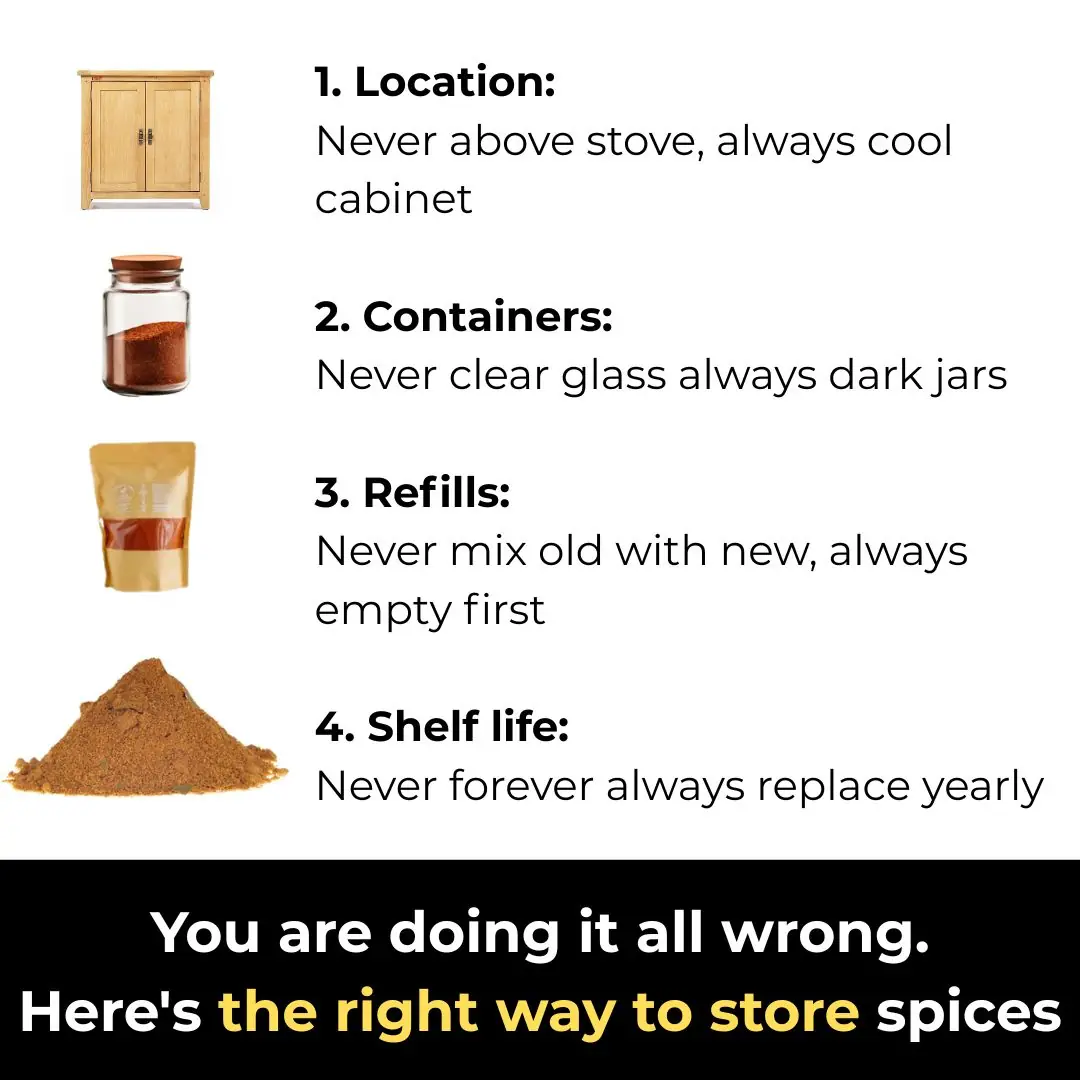
You are doing it all wrong. Here's the right way to store spices
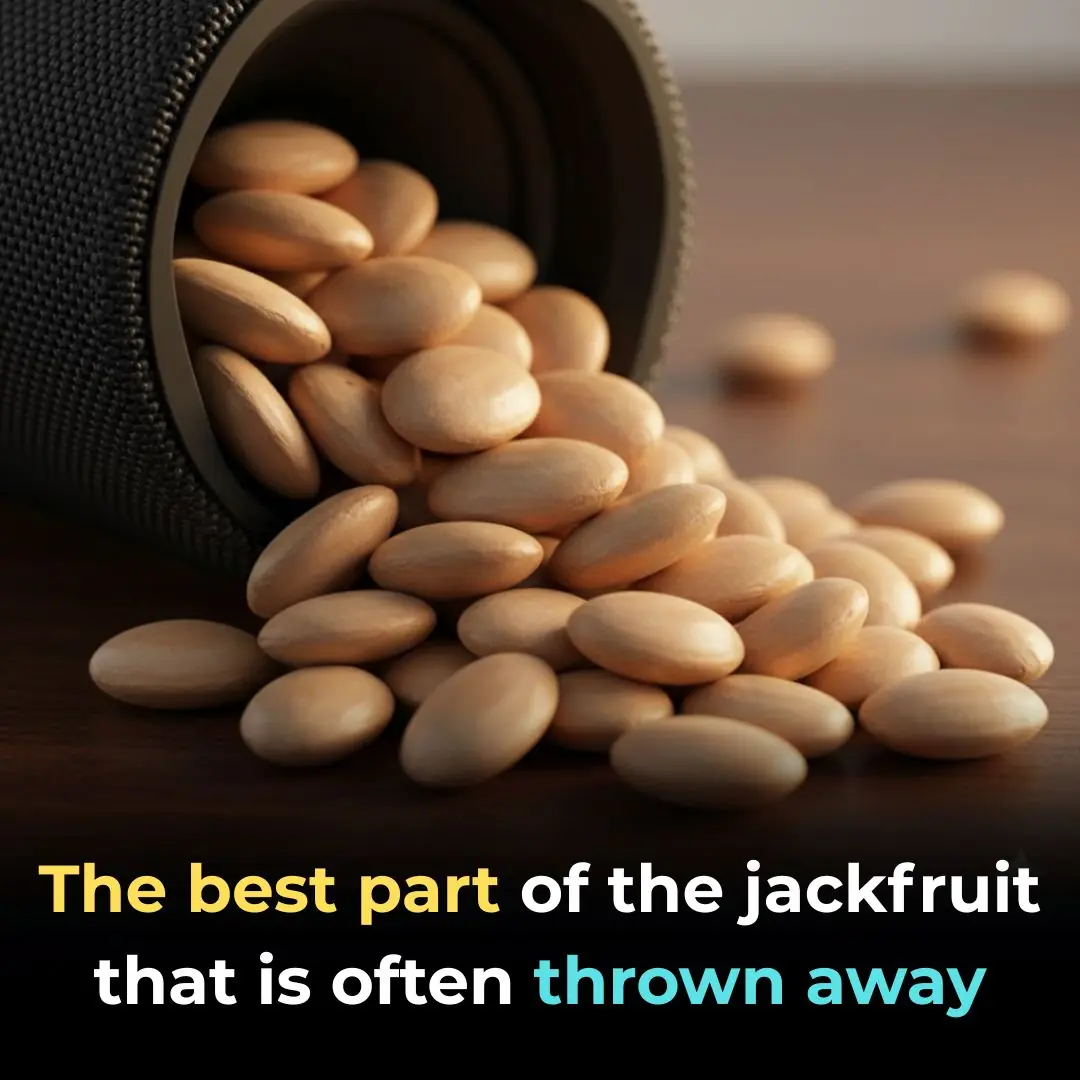
Don't hesitate to eat jackfruit seeds, 10 amazing benefits recognized by customers: Relieves constipation, enriches the blood, prevents cancer

How to wash and condition your hair with beer to reduce hair loss and continuously stimulate new hair growth

How to grow lemon in pots to produce abundant fruit all year round, more than the whole family can eat

Cooking sticky rice by just adding water isn’t enough: Follow this method and your sticky rice will be soft and chewy, cutting the cooking time in half.

Japanese doctor loses 21kg and cures fatty liver just by replacing rice with eggs – a secret anyone can follow
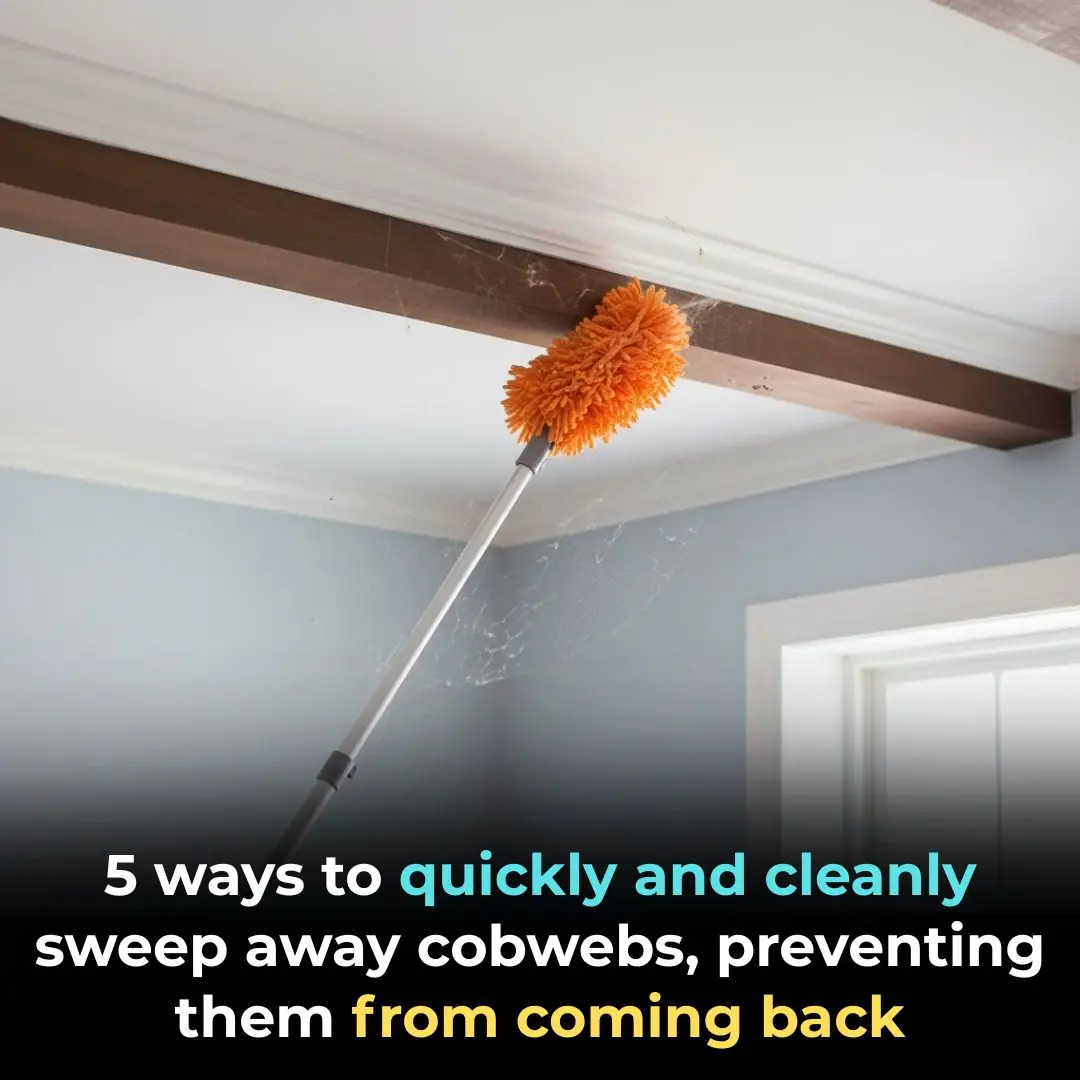
5 ways to quickly and cleanly sweep away cobwebs, preventing them from coming back

How to store grapefruit for Tet without wilting or rotting, grapefruit is very sweet when in water

Tips to make boiled banh chung cook quickly and stay green naturally
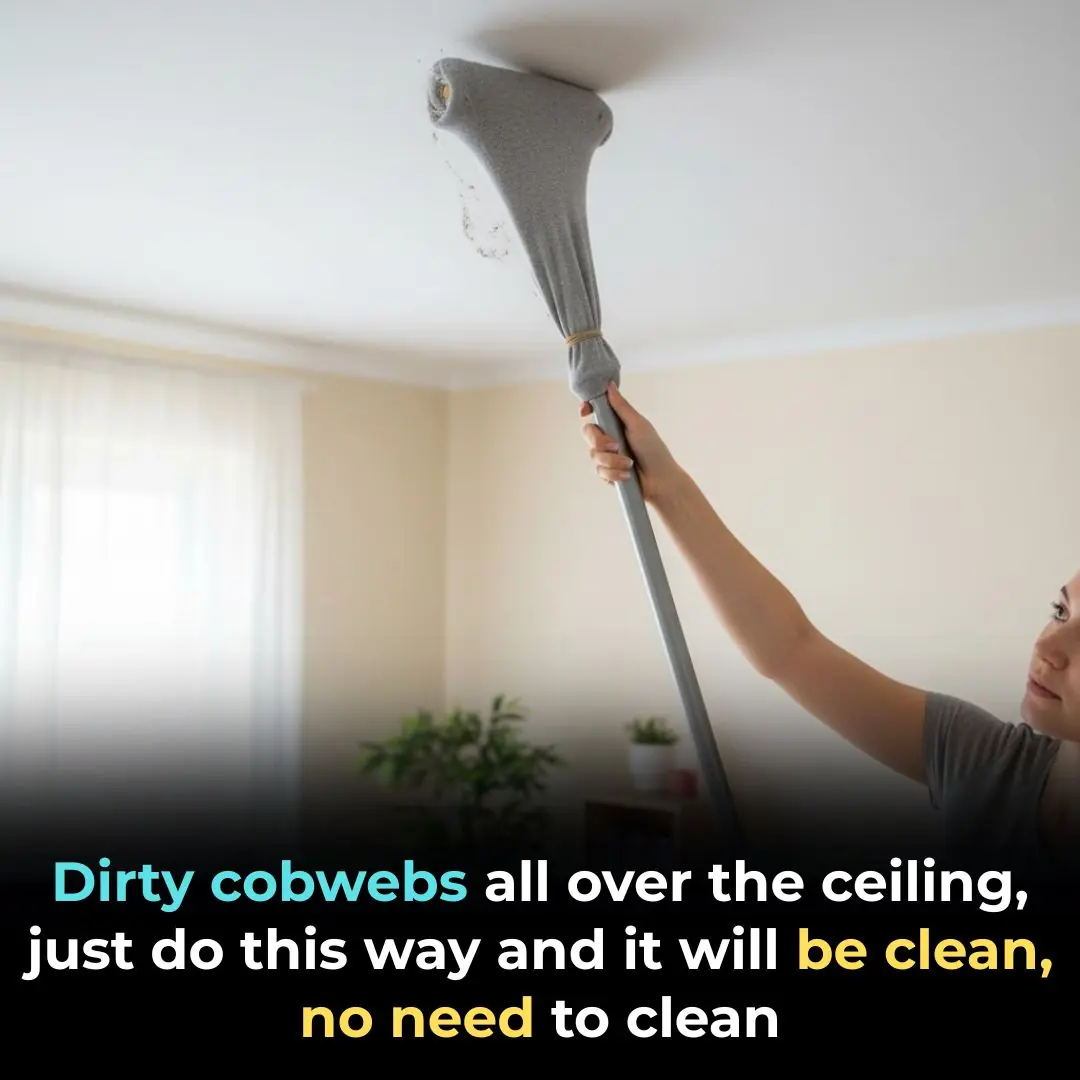
Dirty cobwebs all over the ceiling, just do this way and it will be clean, no need to clean

How to cook delicious, non-bitter stuffed bitter melon soup
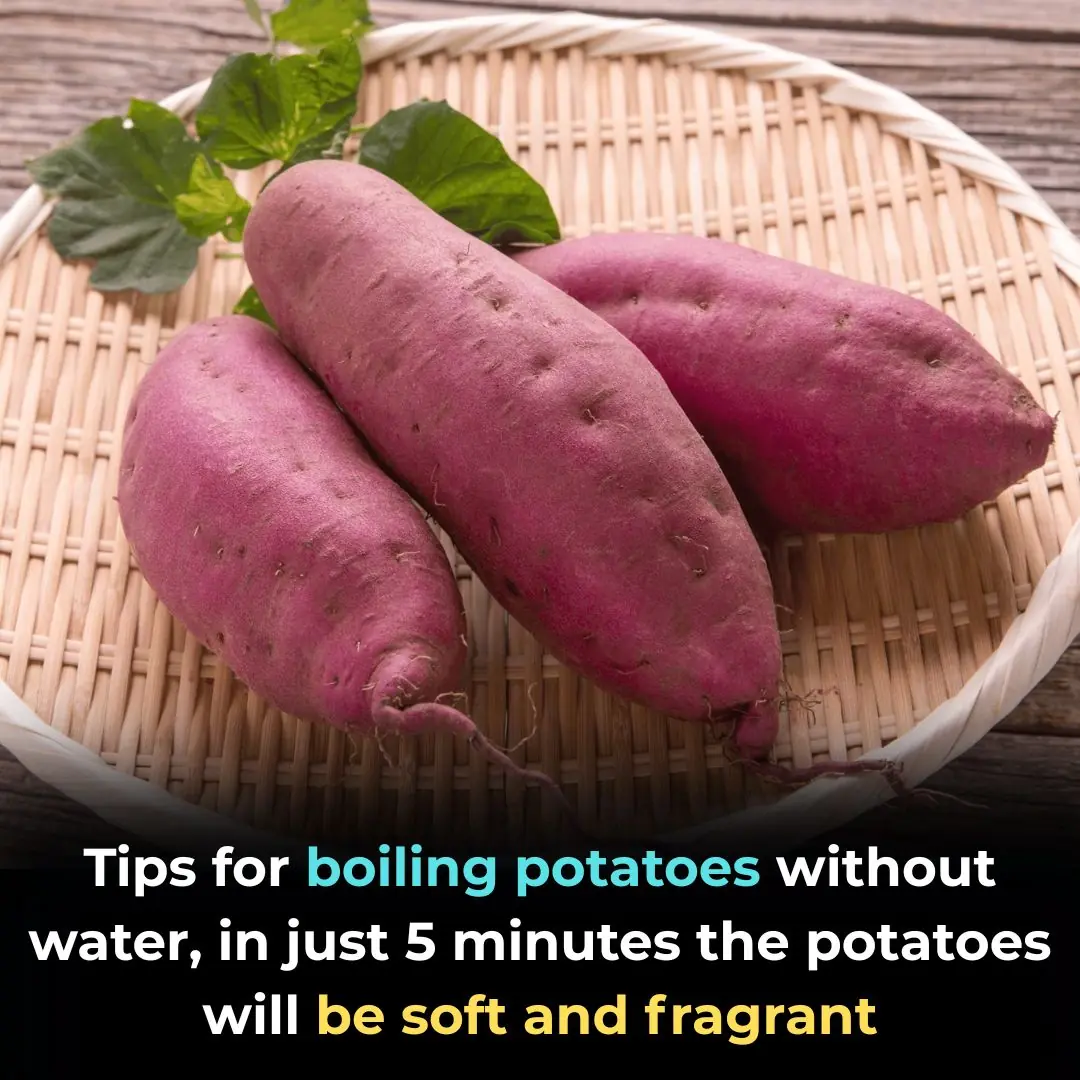
Tips for boiling potatoes without water, in just 5 minutes the potatoes will be soft and fragrant
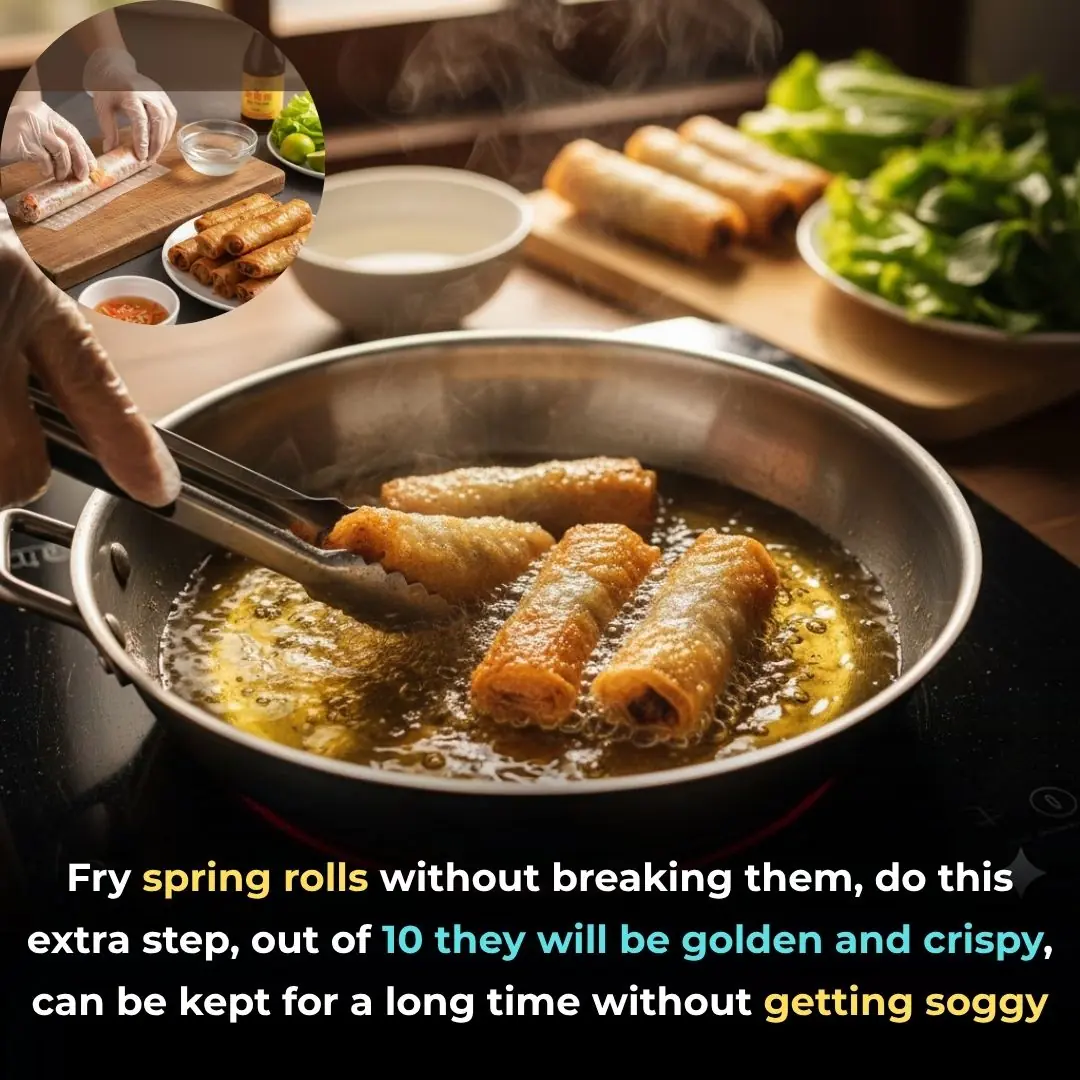
Fry spring rolls without breaking them, do this extra step, out of 10 they will be golden and crispy, can be kept for a long time without getting soggy

Tips to keep peach blossoms blooming on the first day of Tet and staying fresh for a long time
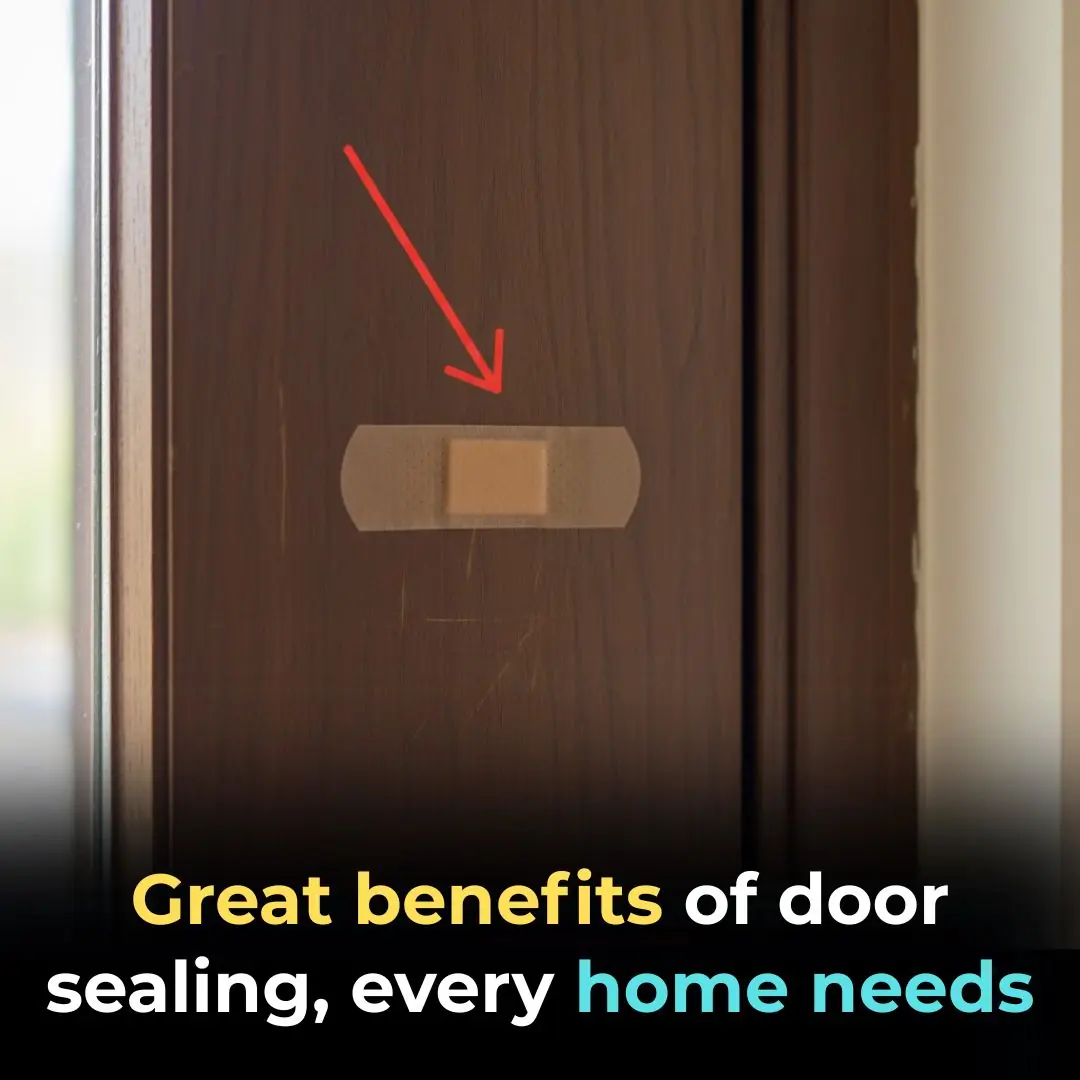
Amazing Benefits of Sticking Urgo Patches on Doors — Every Home Should Try This
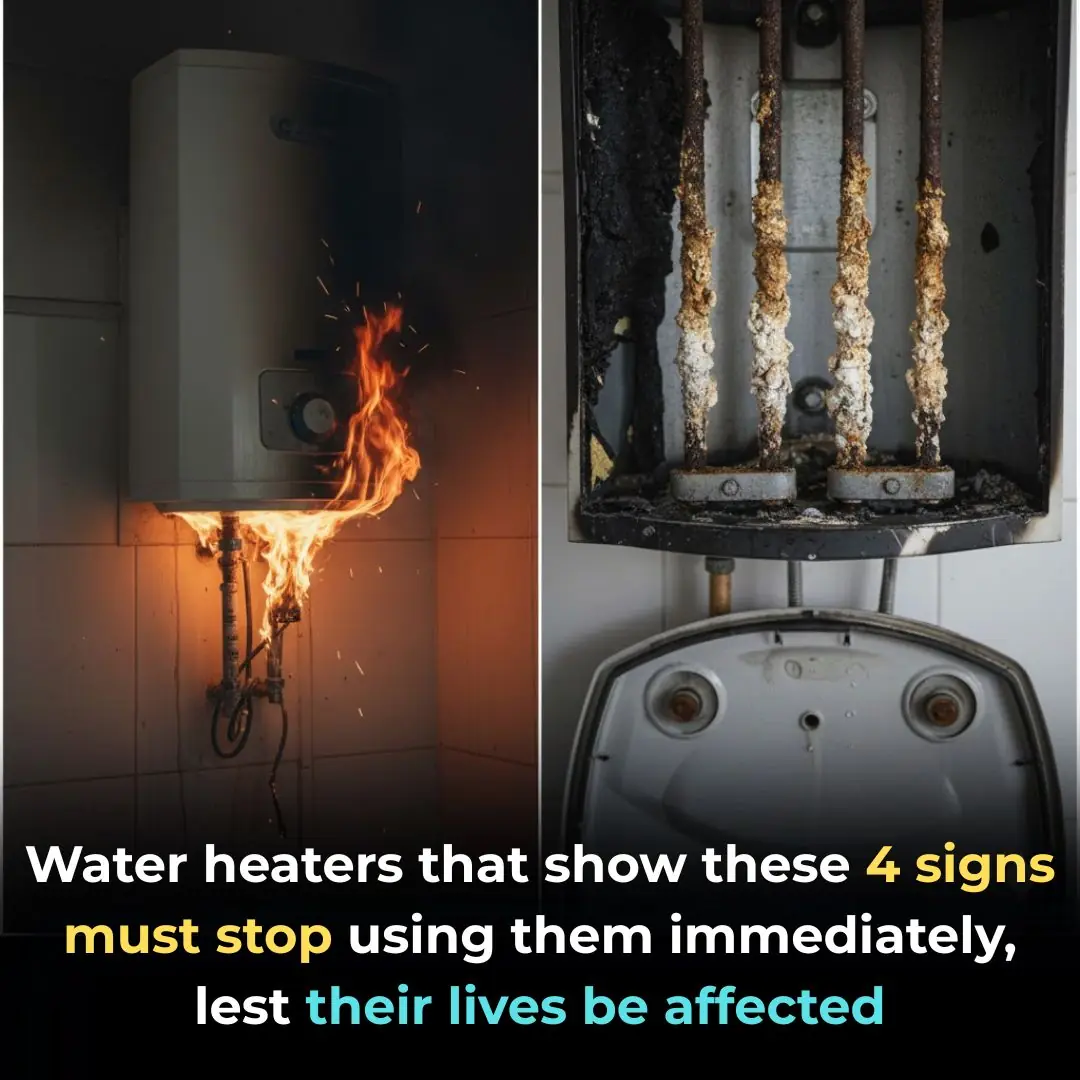
4 Warning Signs Your Water Heater Could Be Dangerous — Stop Using It Immediately
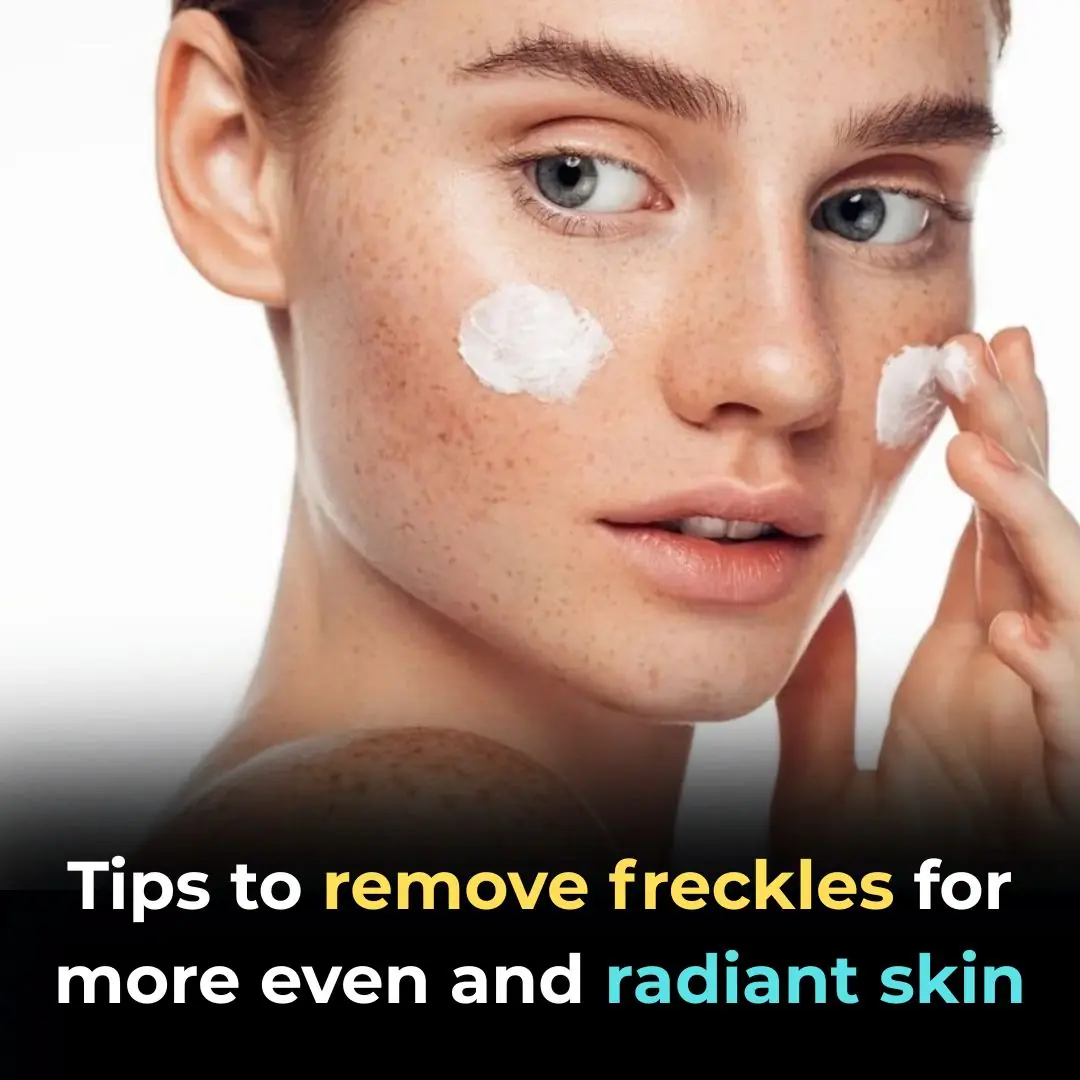
Tips to Fade Freckles for a More Even and Radiant Complexion
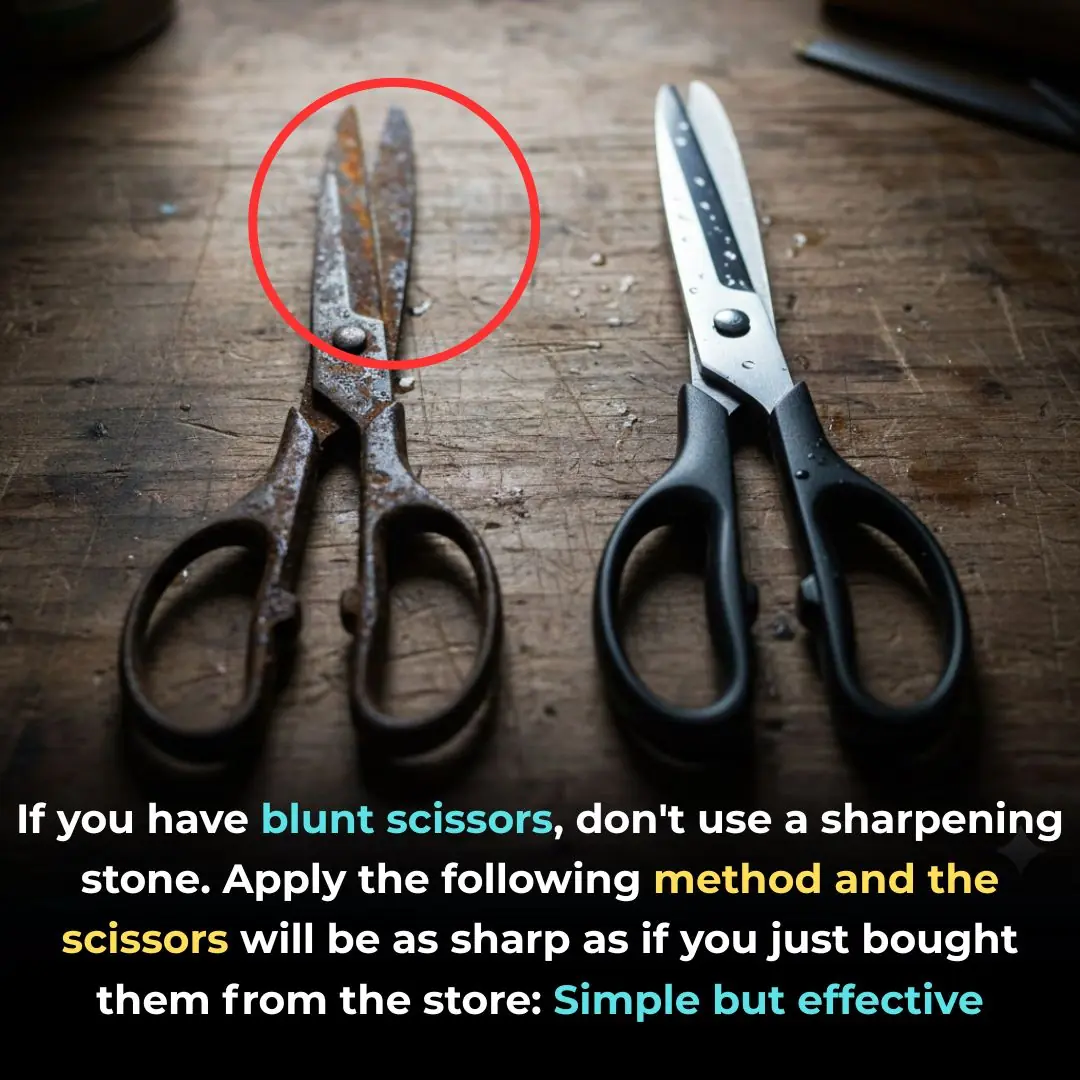
Don’t Use a Whetstone on Dull Scissors — Try This Simple Trick to Make Them Sharp as New
News Post

13 Black-Owned Coffee Shops That Will Help Boost Your Productivity When Working Remotely
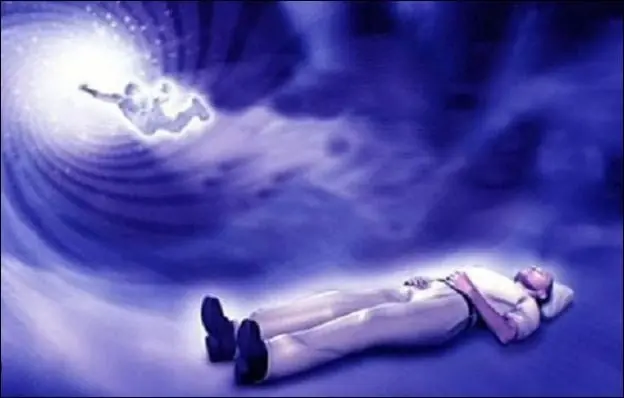
Don’t throw these 4 things when someone passes away

My nana sure was a clever woman!

Big Sean Releases First Book ‘Go Higher’ to Promote Everyday Mental Wellness

You are doing it all wrong. Here's the right way to store spices

Don't hesitate to eat jackfruit seeds, 10 amazing benefits recognized by customers: Relieves constipation, enriches the blood, prevents cancer

How to wash and condition your hair with beer to reduce hair loss and continuously stimulate new hair growth

How to grow lemon in pots to produce abundant fruit all year round, more than the whole family can eat

Cooking sticky rice by just adding water isn’t enough: Follow this method and your sticky rice will be soft and chewy, cutting the cooking time in half.

Japanese doctor loses 21kg and cures fatty liver just by replacing rice with eggs – a secret anyone can follow

Neuroscientist reveals the 500-calorie “fast” that doubles autophagy and resets your metabolism in just 3 days

Fuming Frankie Bridge on row with husband Wayne over her appearance

Eat Celery Regularly for a Healthier Digestive System and Lower Blood Sugar Levels
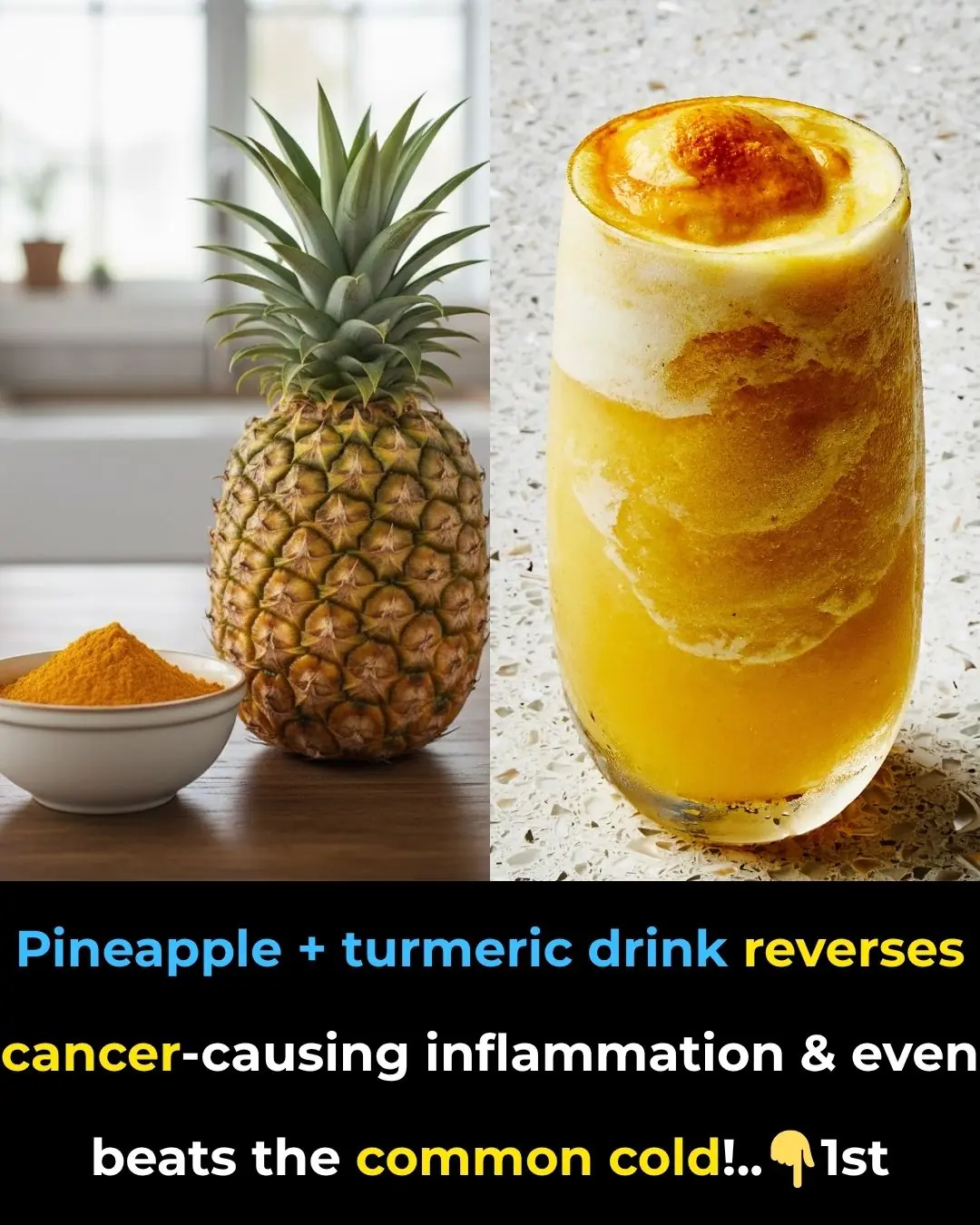
Pineapple And Turmeric Drink Reverses Cancer-Causing Inflammation And Even Beats The Common Cold!

Strictly star James Jordan expresses concerns for Ellie Goldstein amid ‘gruelling and emotionally draining’ series

Kash Patel hits back at attacks on ‘country music sensation’ girlfriend Alexis Wilkins

Diane Lane says ‘The Outsiders’ had ‘too much testosterone’ on movie set: ‘It was hot!’
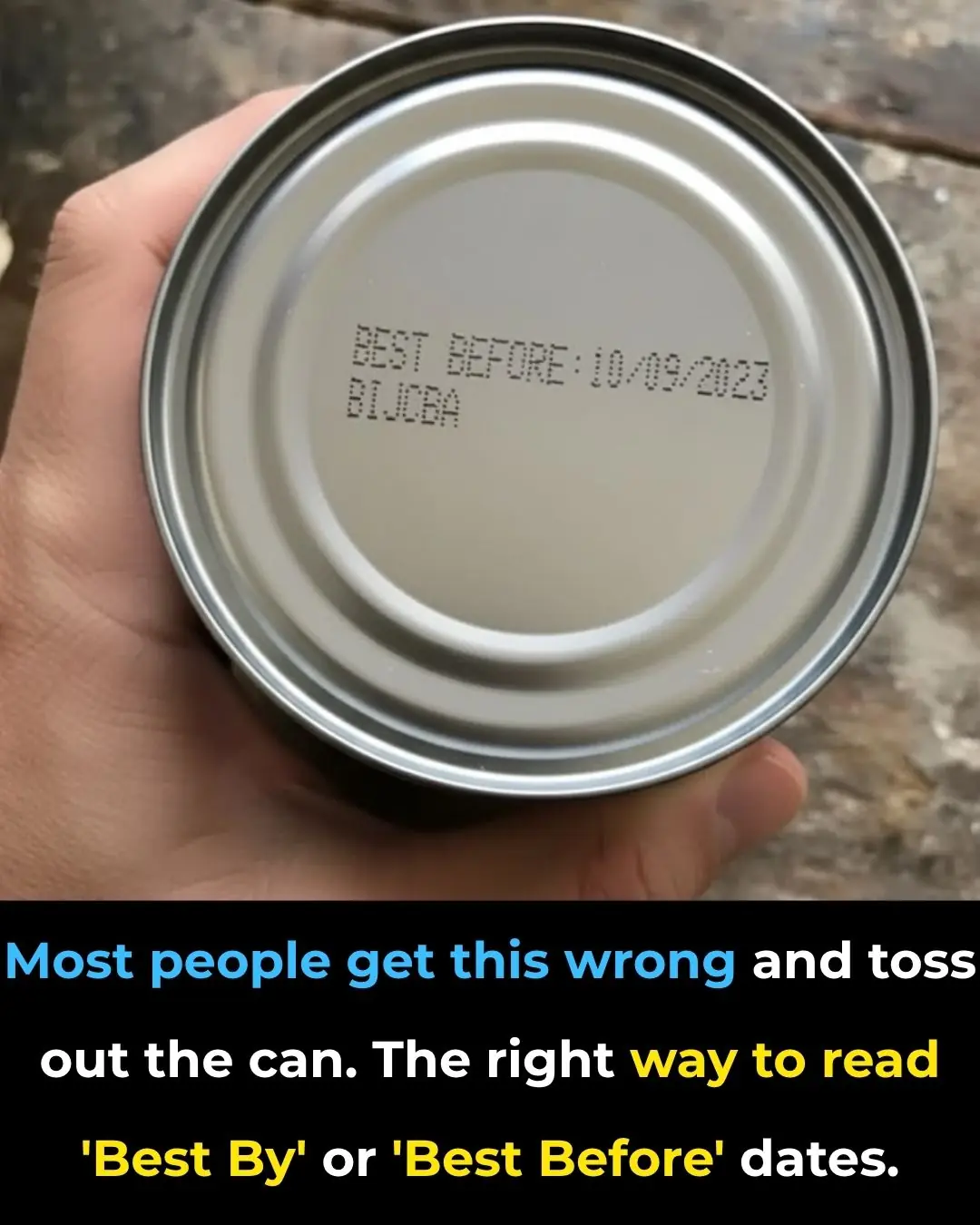
Most People Get This Wrong: The Right Way to Read ‘Best By’ or ‘Best Before’ Dates
